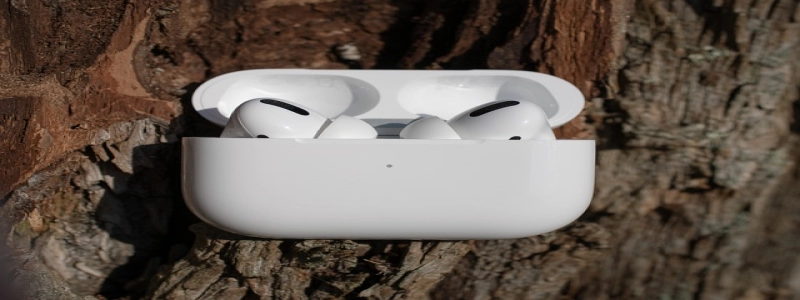Splicing Fiber Optic Cable
Introduction:
I. What is fiber optic cable?
A. Definition and purpose
1. Transmitting data and information through light signals
2. High-speed and efficient communication
II. Importance of fiber optic cable
A. Advantages over traditional copper cables
1. Faster data transmission
2. Greater bandwidth capacity
3. Immunity to electromagnetic interference
Body:
I. Fiber optic cable splicing methods
A. Fusion splicing
1. Definition and process
a. Aligning and fusing two fiber ends together
b. Applying heat to melt and fuse the ends
c. Creating a permanent connection
2. Advantages
a. Low signal loss
b. High reliability
c. Suitable for long-haul networks
B. Mechanical splicing
1. Definition and process
a. Using mechanical connectors to join fiber ends
b. Precision alignment and clamping
c. No fusion or heat required
2. Advantages
a. Ease of installation
b. Cost-effective for short-distance connections
c. Reusable and adjustable
II. Preparation and tools required for fiber optic cable splicing
A. Fiber preparation
1. Cleaning and testing fiber ends
2. Removing protective coatings
3. Cleaving the fiber ends
B. Tools required
1. Fusion splicer machine
2. Cleaver
3. Fiber stripper
4. Alcohol wipes and cleaning solutions
5. Fiber protection sleeves
III. Step-by-step process of fusion splicing
A. Fiber preparation
1. Cleaning and inspecting fiber ends
2. Cleaving the fibers
B. Fusion splicing process
1. Setting up the fusion splicer machine
2. Fiber alignment and fusion
3. Protecting the spliced fibers
C. Testing the spliced connection
1. Visual inspection
2. Insertion loss measurement
3. Backreflection measurement
Conclusion:
Fiber optic cable splicing plays a crucial role in the installation and maintenance of high-speed communication networks. The two main methods, fusion splicing and mechanical splicing, offer different advantages depending on the specific application. Proper preparation and the use of appropriate tools are essential in ensuring successful splicing. By following the step-by-step process and conducting thorough testing, reliable and efficient fiber optic connections can be achieved.








